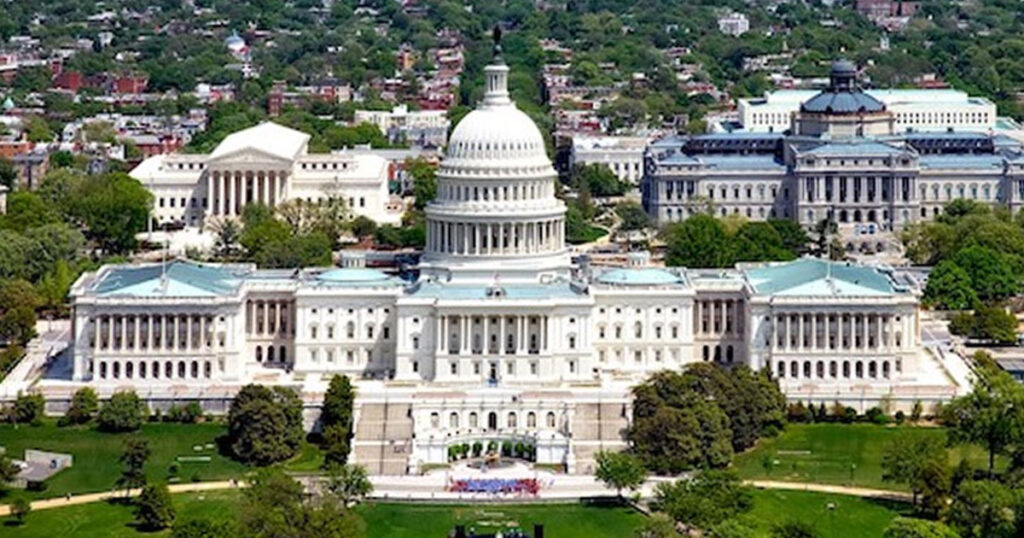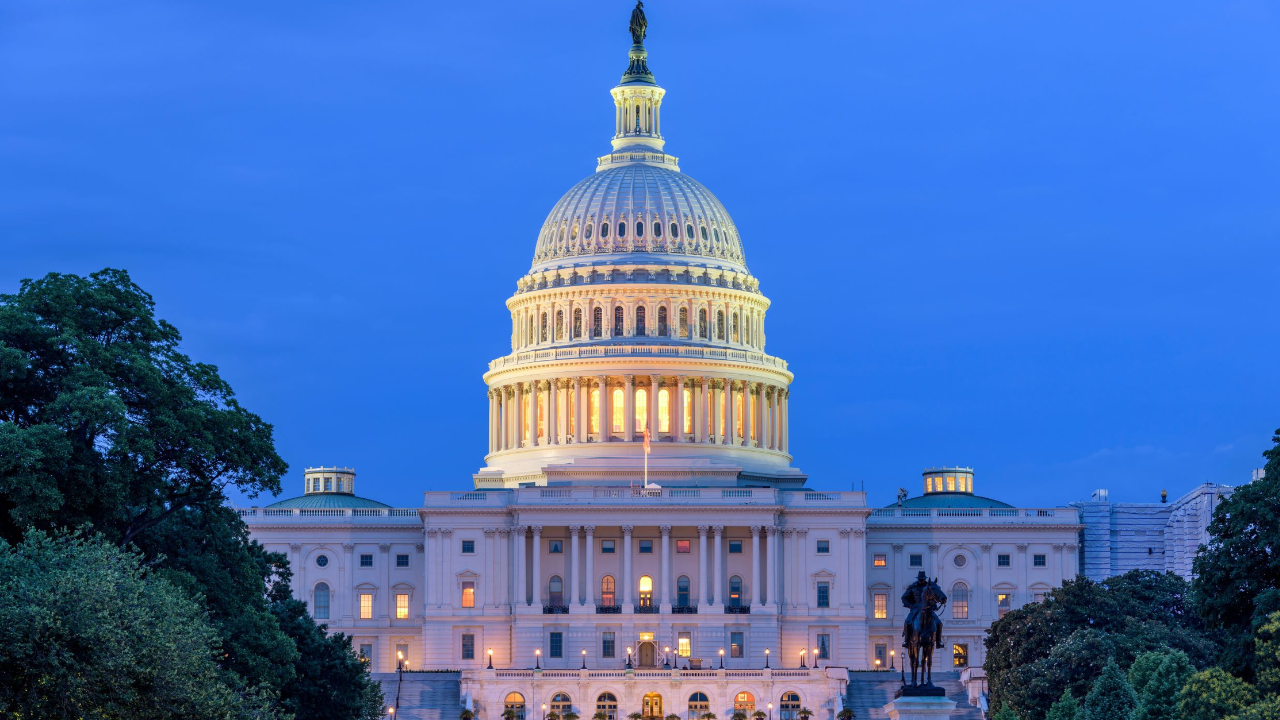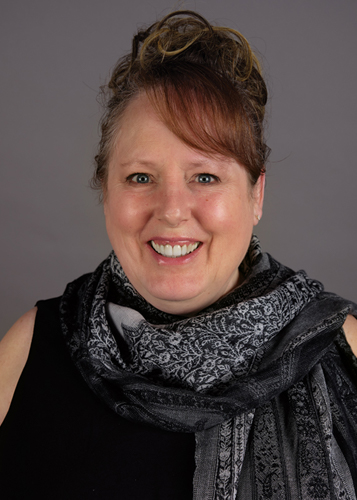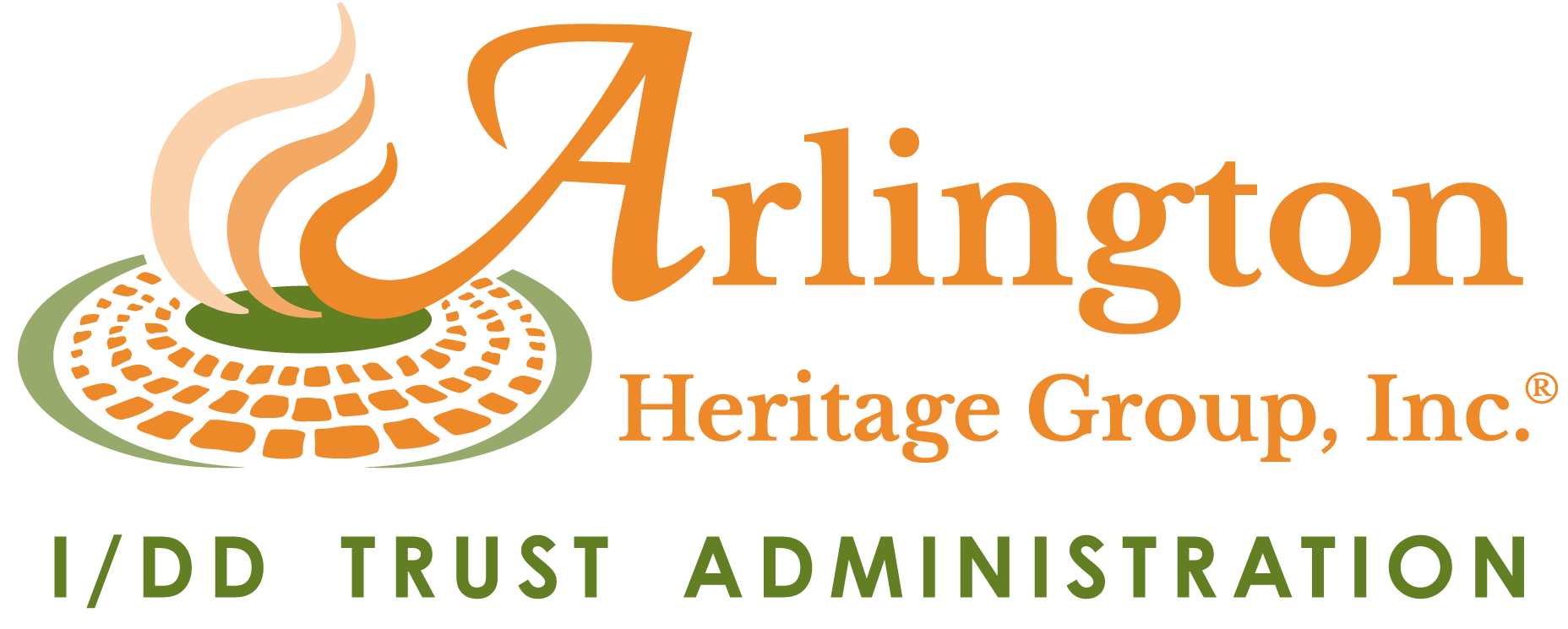Connections - 10.31.23
Advocating on Capitol Hill for the I/DD Community

Share this page
Stay Informed on the Latest Research & Analysis from ANCOR
More News
Capitol Correspondence - 11.19.24
Informational Bulletin on SSI and Spousal Impoverishment Standards Released
Capitol Correspondence - 11.19.24
CMS to Host Leadership National Call
Capitol Correspondence - 11.12.24
ANCOR Joins Coalition Letter to Senate to Support Expanded Access to Medicaid Buy-In Programs



